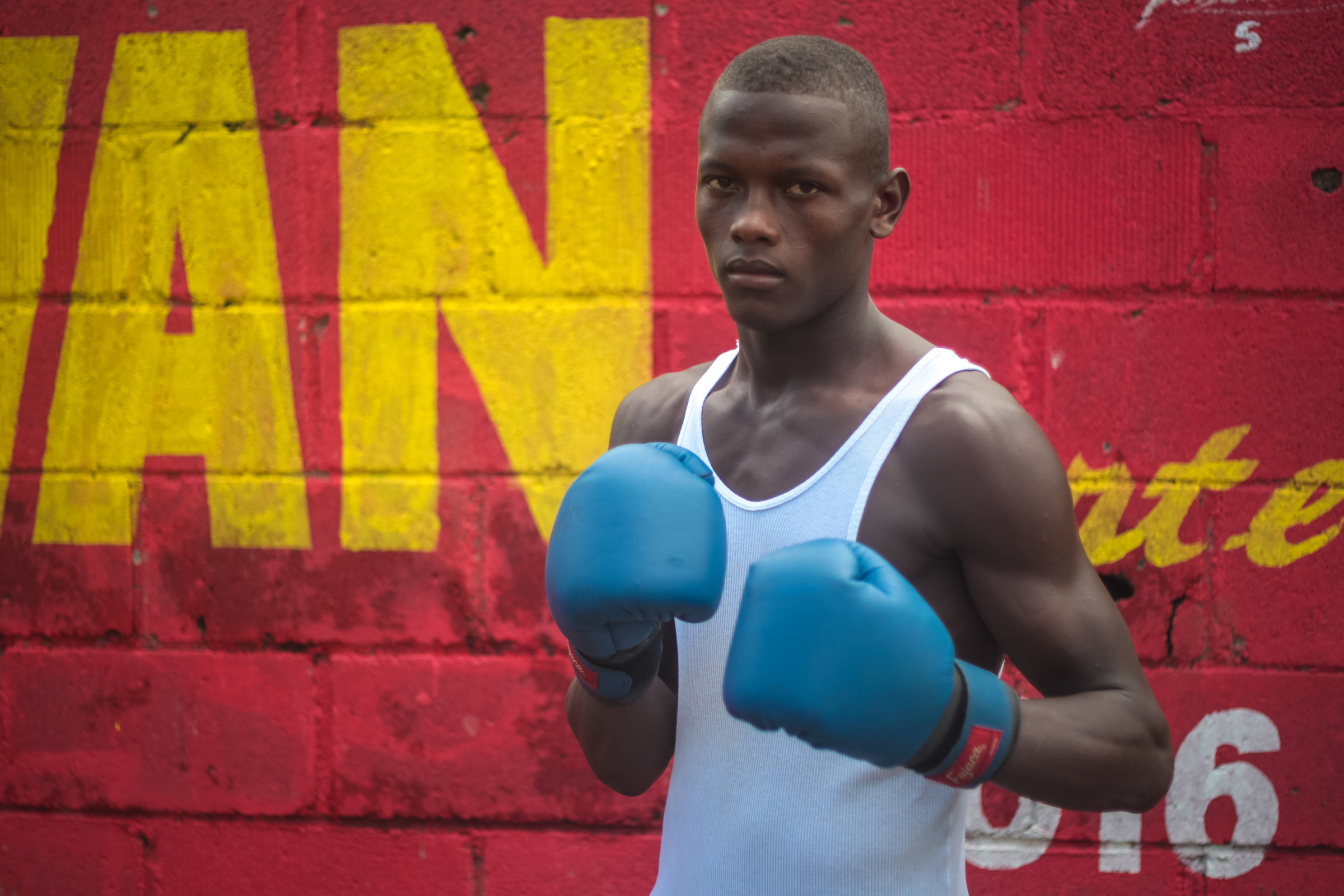The humanitarian organization Médecins Sans Frontières (MSF) is reporting that the Bangladesh government has launched a crackdown against the Rohingya community around the Cox’s Bazar district (see map). The site of the crackdown is a makeshift camp of refugees in Kutupalong that is not recognized by the Bangladeshi government and the United Nations High Commission for Refugees (UNHCR) has limited access to the area. From MSF’s press release:
“More than 6,000 people have arrived at the makeshift camp since October—2,000 in January alone,” said MSF Head of Mission in Bangladesh Paul Critchley. “People are crowding into a crammed and unsanitary patch of ground with no infrastructure to support them. They are prevented from working to support themselves and are not permitted food aid. As the numbers swell and resources become increasingly scarce, we are extremely concerned about the deepening crisis.”
The Myanmar government (note that Amnesty International requires use of the UN-recognized name of the country widely known as Burma) refuses to acknowledge that the Rohingya are from Myanmar rendering them stateless.
MSF is asking that the UNHCR increase protections to these Rohingya seeking protection in Bangladesh. At the moment, only 28,000 of the estimated 200,000 of the refugees in Bangladesh are recognized as refugees. The result, in an already overcrowded and poor country, is that the Rohingya are vulnerable. Human rights groups have been campaigning on the plight of the Rohingyas for a number of years, but Myanmar’s neighbors have grown impatient with the scale of the humanitarian need. But, as MSF makes clear, the international community must support the Government of Bangladesh and UNHCR to adopt measures to guarantee the unregistered Rohingya’s lasting dignity and well-being in Bangladesh.
